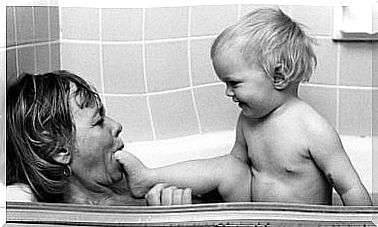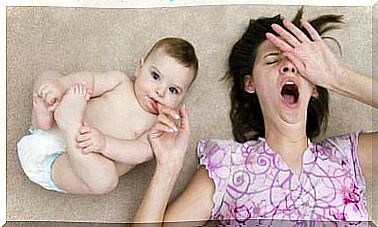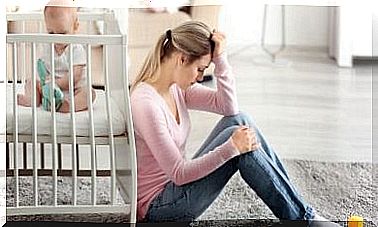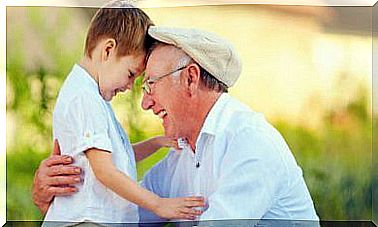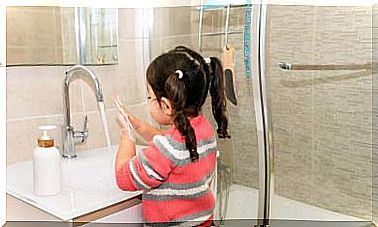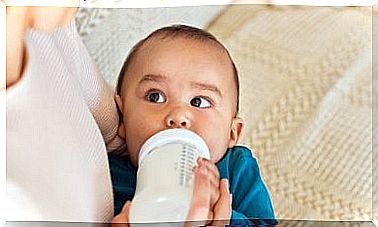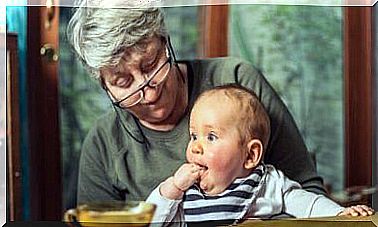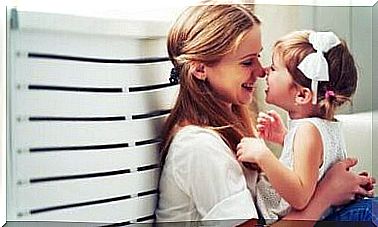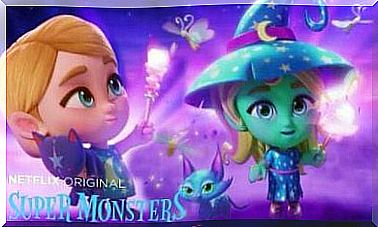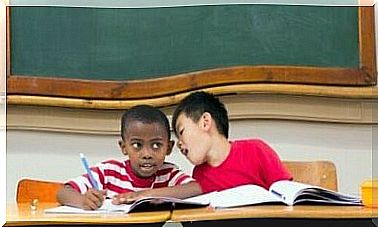Encopresis (fecation) In Children
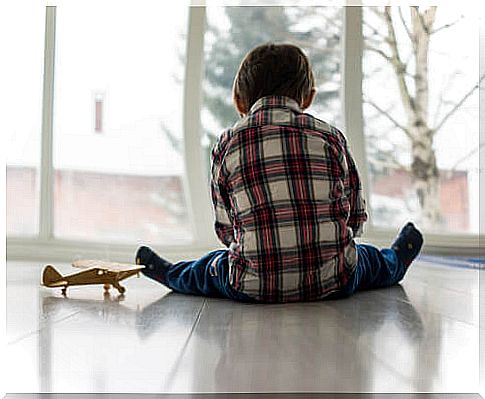
Many parents have never heard of einkoten and are unaware that it is quite common in children.
What is an encopresis?
Faecal incontinence is basically fecal incontinence. This disorder occurs when a child who has already learned to use the potty loses control of their bowel movements.
In other words, children lose the ability to control where and when to “grow up”.
Why is it so hard to see?
Pooing can be mistaken for a bad habit or misconduct. The family may think that defecating the child is a form of rebellion. Especially if the child is already showing behavioral problems in general or is often challenging its parents.
If the child is playing and does not have time to go to the bathroom, the family may think that this is only because the child is trying to delay it.
However, if it is not treated in a timely manner, costing it in can trigger mental disorders with lasting effects.
How to tell if your child has encopresis
Parents can tell if their child is having feces if the problem occurs several times in a week.
What are the causes of fouling?
Poo can have many different causes, but two of the most common are constipation and diarrhea.
Constipation
Constipation is one of the main problems that can lead to poo in children.
When a child is constipated, it means they have a large amount of hard stool in their bowels, making it difficult to go to the bathroom.
Even so, the digestive system continues to function and fluid or loose stools can leak around the trapped feces.
diarrhea
Children can also suffer from fecal incontinence when they have diarrhea. Since they are unable to control their bowel movements, they may do so without realizing it.
What to do if your child poops
The first step is to take your child to the doctor. Children with encopresis or fecal incontinence should have a full medical evaluation.
This should allow your doctor to rule out other causes, such as neurological reasons or spinal cord problems.
Your doctor will also be able to tell you if the poop is caused by constipation or diarrhea.
Another factor that the doctor can assess is emotional problems. If these are the reason, your child will need to see a psychologist or psychiatrist.
What other effects are there?
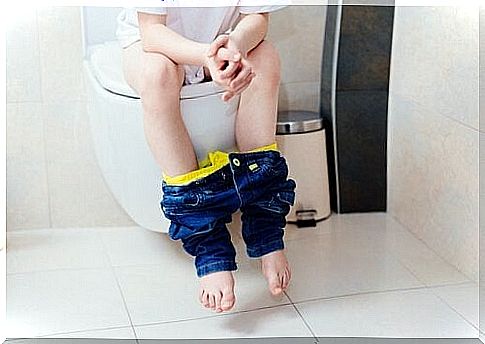
Fecal incontinence during childhood can affect how children socialize. Children who have difficulty controlling their bowel movements often avoid playing with others.
They are afraid of having an “accident” in front of their friends. They blame themselves and are ashamed of their own bodies.
If not treated properly, this problem can lead to chronic constipation, bladder infections, stomach problems, and loss of appetite.
Can the poo go away on its own?
It is important to talk to your child. Help him / her establish a routine for going to the bathroom and accept that it is something normal. There is nothing to worry about. The potting can go away on its own.
Also, if fecal incontinence is due to constipation or diarrhea, the problem can often go away once the underlying disease is cleared up.
What else can I do to help?
Children who suffer from encopresis need support from their families.
It is important to explain to your child that they should go to the bathroom and when and how they can go to the potty. It can help to use the bathroom a few times a day.
Talk to them about the subject, even if it is an embarrassing subject. You will not help them by secretly washing their dirty clothes or pretending that no one noticed the problem.
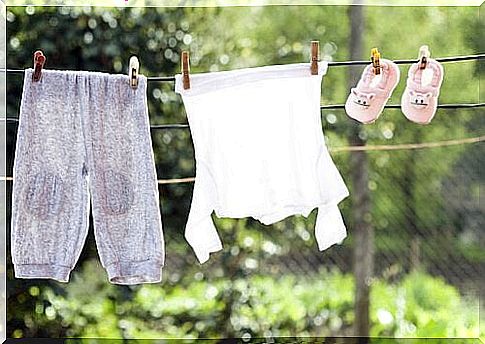
Do not shame or humiliate your children for the “accidents”. Humiliation will only make it worse. It is a problem that is easy to deal with in childhood. It doesn’t have to cause lifelong trauma.
Similarly, punishment or criticism can counteract the physical or psychological treatment the child is receiving.
A negative reaction will make your child less likely to come to you or other family members to share their concerns and feelings.
If your child poops, give them praise when they go to the potty. Remember, it’s not easy for him to do.
